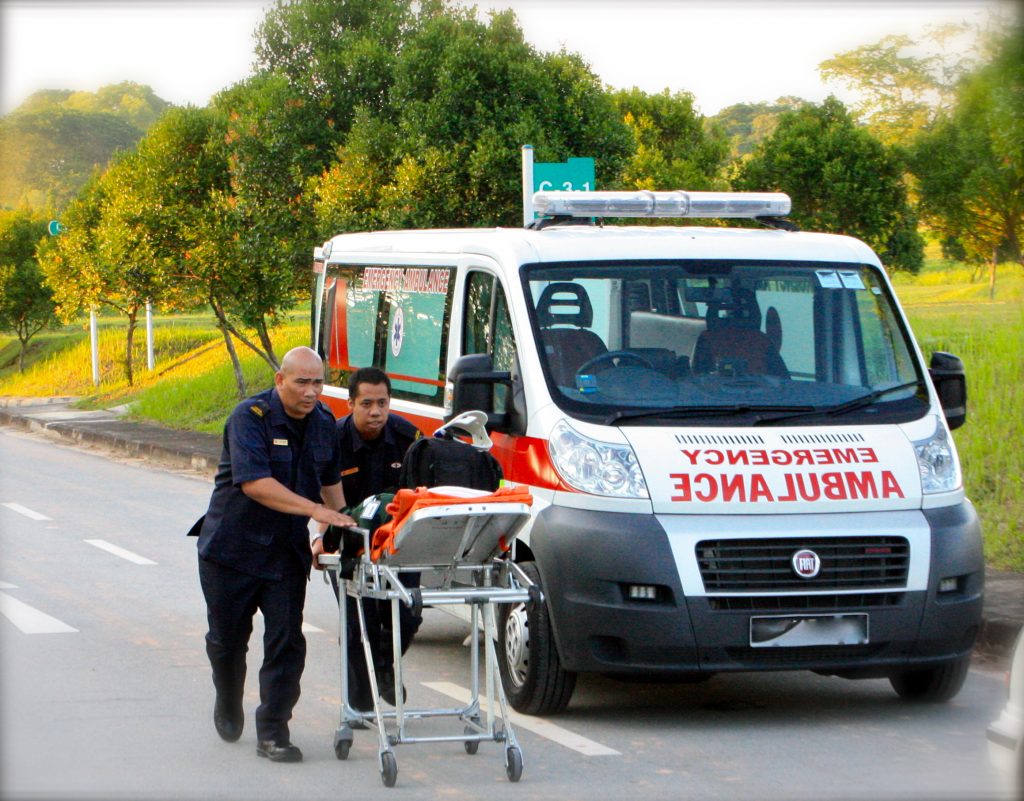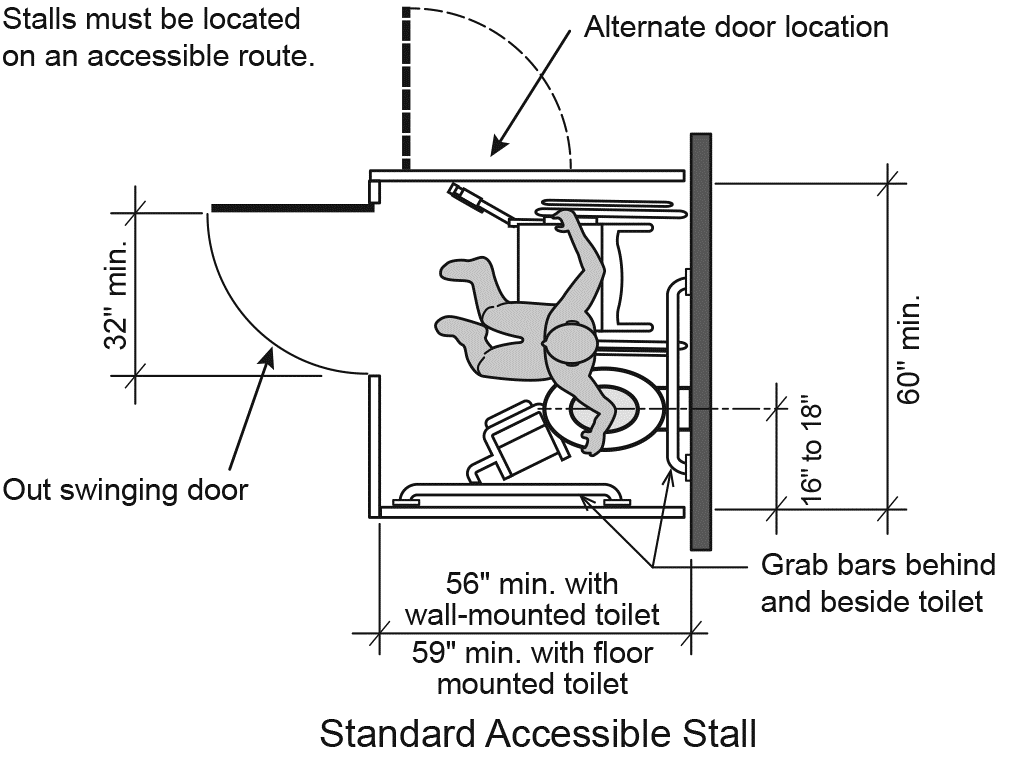Table of Content
All staff received a small gift to thank them for their outstanding service so far during the Covid lockdown. As usual, due to Marlene and her staff at Reef Caterers, as well as our wonderful Resident Michelle, Valentines Day was a special event for our Residents. All funds raised through purchases go towards supporting the residents at the Ann Harding Cheshire Home. If we have given you a password for access to certain parts of our Website, you are responsible for keeping this password confidential. Please note that California law prohibits us from discriminating against you if you exercise your rights under this Section. California residents are entitled to information about our practices regarding the sale of Personal Information.
The date the Privacy Policy was last revised is identified at the top of this webpage as the “Last Modified” date. When you use any Website after any revisions or modifications to this Privacy Policy, you agree to and accept the revisions and modifications. You are responsible for ensuring we have an up-to-date active and deliverable email address for you, and for periodically visiting our Website and this Privacy Policy to check for any changes.
Assisted Living Housing Options for Disabled and Handicapped Seniors
Assisted living facilities are long term care homes for adults who have special needs. In most cases, these types of homes house elderly residents, though, any adult may enroll in an assisted living facility if their needs qualify them for care. Assisted living provides non-skilled care such as help with cleaning, bathing, medication administration, and meals. There are facilities that also cater to adults who are mentally disabled, physically disabled, or both.

Regardless of the setup, caregivers provide dedicated assistance to each resident as well as prepared meals and other community services. Some people with special needs, especially older individuals, live in assisted living facilities. Although the term “assisted living” has come to mean a lot of things, in general assisted living facilities house residents in their own apartments within a building or complex of buildings. The residents can cook in their units or eat in a communal dining hall, and they receive nonskilled care in their units, including assistance with bathing, cleaning, and sometimes administration of medicine. Many people with special needs choose to live in supportive group homes with several other people with special needs.
What Are Assisted Living Facilities?
If you have any questions about an advertisement or other targeted content, you should contact the responsible provider directly. For information about how you can opt out of receiving targeted advertising from many providers, see Section 9. While it is your choice whether to provide the requested information or not, we cannot provide certain services you may request if you do not provide the requested information. Start your own or contact your local United Spinal chapter, Independent Living Center or rehab center and see if they may want to collaborate. Check out this list below of disability-related support groups across the U.S. that we thought would be beneficial for the Cure Nation.
It is especially important when the community will be caring for your loved one who suffers from a disability. It is important to make sure that the location you choose is able to offer safety, quality care, and compassion for their residents. The right atmosphere can greatly improve your loved one's quality of life regardless of their disability. Mentally and physically disabled seniors are often cared for by their family members, but there are times when it is no longer the best option. Taking care of a loved one who is aging can be difficult, and caring for one who also has a disability can be exhausting. At times, this can lead to stress, ill feelings, burnout or other undesirable outcomes.
Group Homes for Adults with Disabilities
However, it usually takes years to obtain a Section 8 voucher and, once acquired, there may not be any available Section 8 units for rent in the individual's community. Section 8 housing is also not appropriate for people with more complicated special needs who can't live on their own. Fifty years ago, most people with even moderate special needs were institutionalized throughout their adult lives.

For example, a person who is wheelchair-bound has an obvious disability, while there may be other seniors who have chronic pain as a disability, which is not readily visible. They may be a privately run for-profit business, a nonprofit facility, or run by the government. Privately run group homes do not have government oversight unless they receive government funding. A nonprofit or government-run facility must adhere to certain rules and regulations, which can determine to whom they may provide services. Special needs trusts can own homes for their beneficiaries or pay for a beneficiary’s rent in a private apartment. N many cases, this is a very flexible option for the beneficiary, since the trust can also pay for services to help the beneficiary live independently.
Care Options for Seniors and People With Disabilities
This not only will prevent residents from wandering, but it will also prevent unauthorized people from gaining access to vulnerable seniors. There should be handrails, guided directions around the facility, smoke detectors, and more. The vast majority of assisted living facilities are able to accommodate seniors with impaired mental facilities, and there are even whole communities dedicated to their care. Some assisted living arrangements for seniors with disabilities include; handrails, wider walkways and ramps, tensile stimulation for the visually impaired, and text and flashing lighting for deaf or hearing impaired.
Rent in public housing is limited to the highest of 30 percent of monthly adjusted income, 10 percent of monthly income, welfare rent , or a minimum rent of $25 to $50 which is set by a local housing agency. Under the Section 202 program, HUD finances the development of supportive housing for the elderly. These facilities offer residential options with support activities including cleaning, cooking, and transportation. The program includes rental assistance funds, which are designed to make up the difference between HUD-approved operating costs and tenant rent contributions. Section 202 occupancy is available for very low-income households with at least one member who is 62 years of age or older. Most assisted living options are private pay, but Medicare and Medicaid cover the costs of medically necessary care that is recommended and certified by a doctor.
This program can reduce the total monthly payment to 30 percent of the family’s adjusted monthly income. Long-term care can be expensive, and cost is one the main challenges to overcome. Although some families are able to pay out of pocket for residential and care expenses, many are not able to afford it on their own.

ChildServe improves the health and well-being of more than 5,600 children each year through specialized clinical, home, and community-based programs and services. We serve children with developmental delays, disabilities, injuries, and other special healthcare needs. The design of the assisted living home should be suitable for the needs of the residents who will enroll. Seniors who have mobility issues will benefit from larger walkways, handrails, and elevators. Those who suffer from an issue with their vision will benefit from simply laid out locations that have a design that is easy to memorize and one that features Braille throughout the facility. Seniors who suffer from cognitive or mental disabilities will best be served in locations that are quiet, have soft round corners, and also offer a lower staff to resident ratio.
These programs are offered through different state agencies and county organizations. The best place to learn about the programs that may be available to you a by visitingyour local county assistance office . An Assisted Living Facility may be the answer for a senior with mental & physical disabilities, since it can provide the degree of help required, allowing the resident to maintain as much independence as possible. A residential care home may be another option, especially if the home specializes in serving seniors with disabilities and is suited to provide the level of care your loved one needs. The Arc promotes and protects the human rights of people with intellectual and developmental disabilities and actively supports their full inclusion and participation in the community throughout their lifetimes. First-time home buyers can get help with monthly mortgage and homeownership expenses from the Homeownership Voucher Program.
Subsidized housing is found within apartment complexes and is available for those who have low to moderate incomes. People with I/DD have the right to live in accessible, affordable housing in the community. The Arc advocates to protect and improve federal housing laws and regulations and to ensure adequate funding for federal housing programs that assist people with I/DD and their families. Skilled nursing facilitiesaddress complex medical conditions requiring high-care needs. Medical and rehabilitative care is provided round-the-clock by professionally licensed staff. Modern skilled nursing facilities offer private and semi-private rooms in a home-like environment.
~ View Our Other Communities Here ~
In general, seniors will face more restrictions as they age in relation to mobility, caring for themselves, or even attending to their health. Assisted living communities are the support structure disabled seniors need when they are no longer able to live alone. Assisted living communities are created to care for the seniors in our lives who require dedicated assistance with their regular routine. This can be as simple as help taking medications on time or even intermittent nursing care. For seniors who suffer from a mental or physical disability, the transition from home to an assisted living facility can be difficult.

Depending on the program, these homes could be staffed with counselors and other workers who help the residents live on their own, or, in some cases, the residents live without live-in assistance. Group homes come in many varieties and can be paid for in many ways, including private payment or state programs for people with disabilities. Home care is in-home personal and medical support for people with disabilities or who are otherwise unable to manage the tasks of daily life. With home care, individuals can age in place in a private, comfortable environment with which they are familiar. While this type of assisted living offers independence and the ability to control schedules and routines, it may be cost prohibitive, and care may not be available around the clock. Any time you are considering moving into a senior living facility, it is important to visit the location in person.

No comments:
Post a Comment